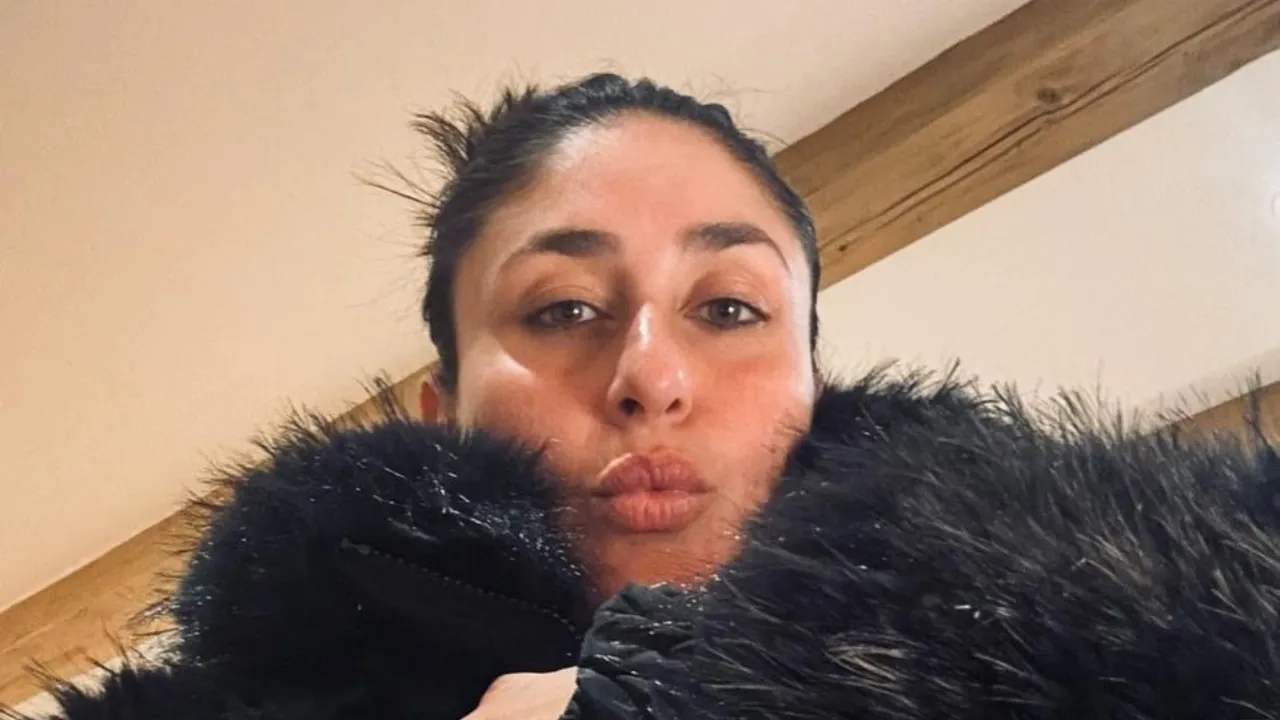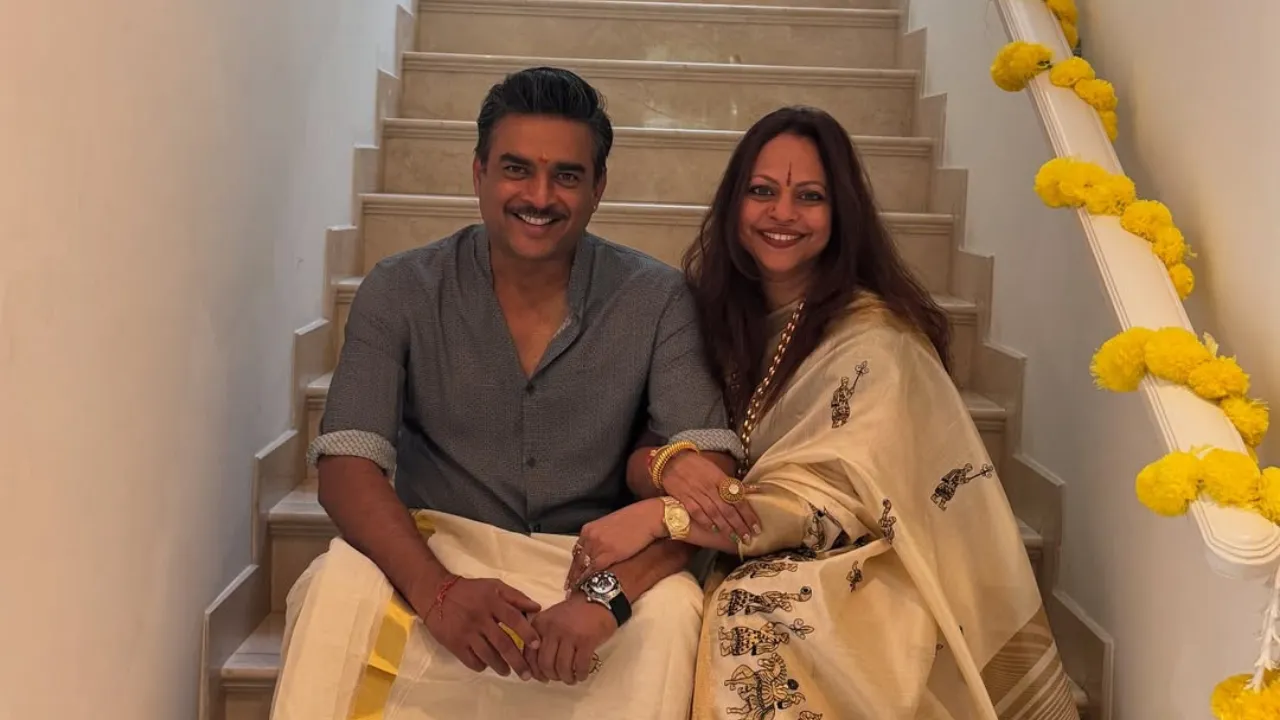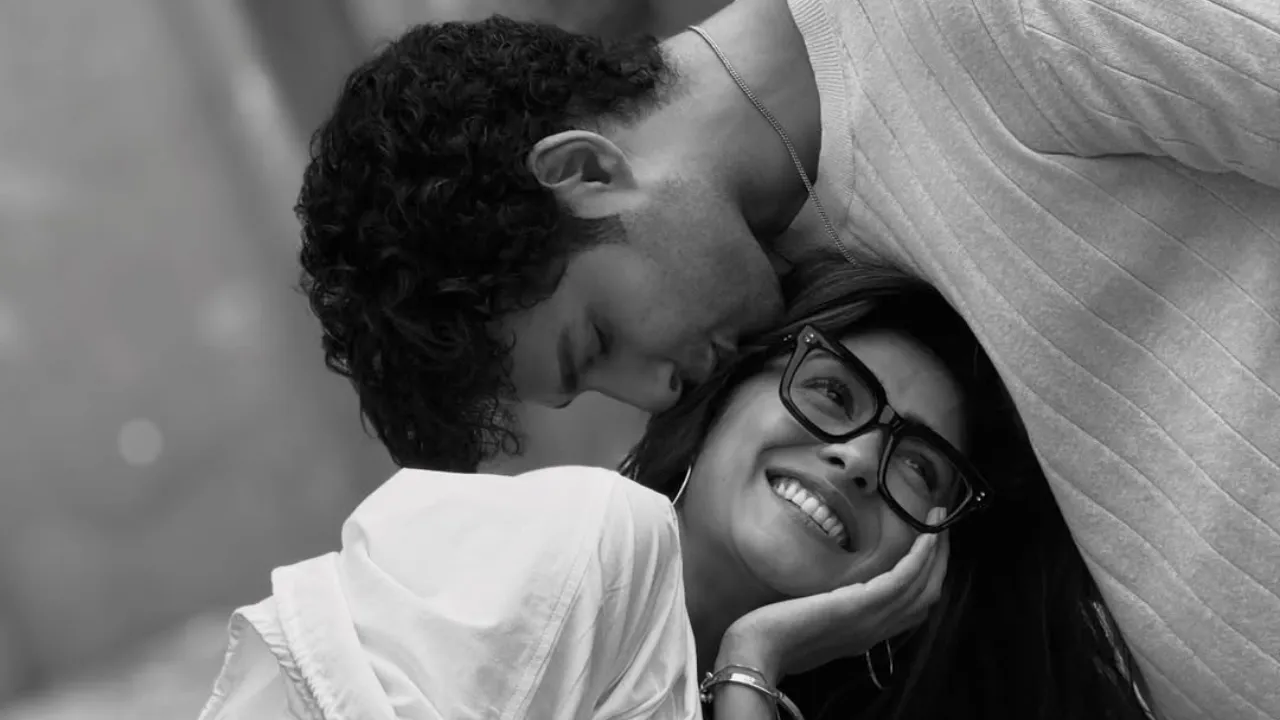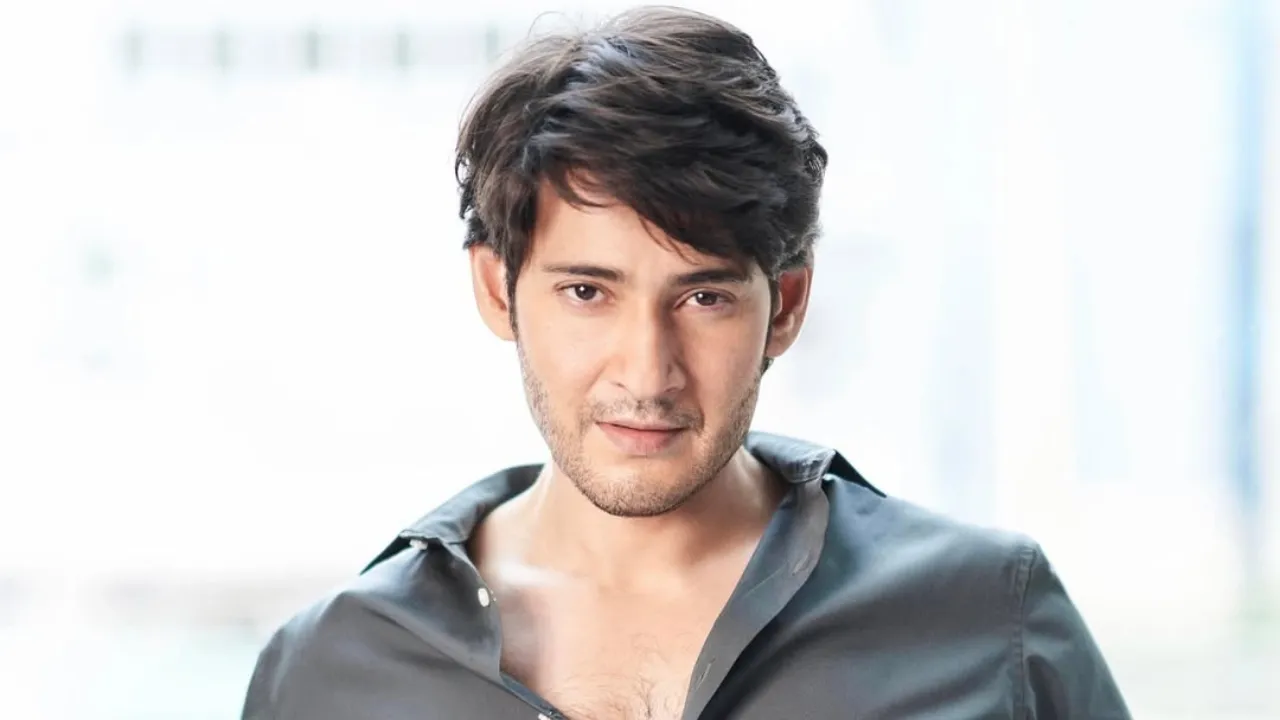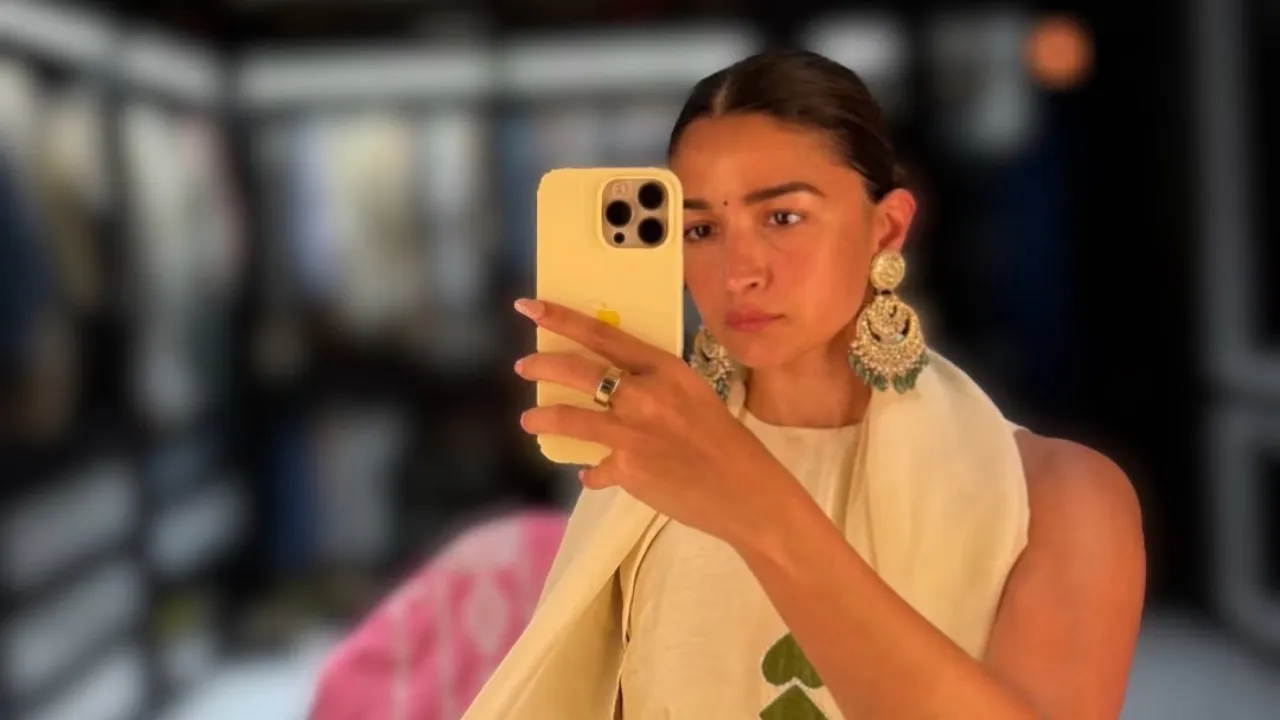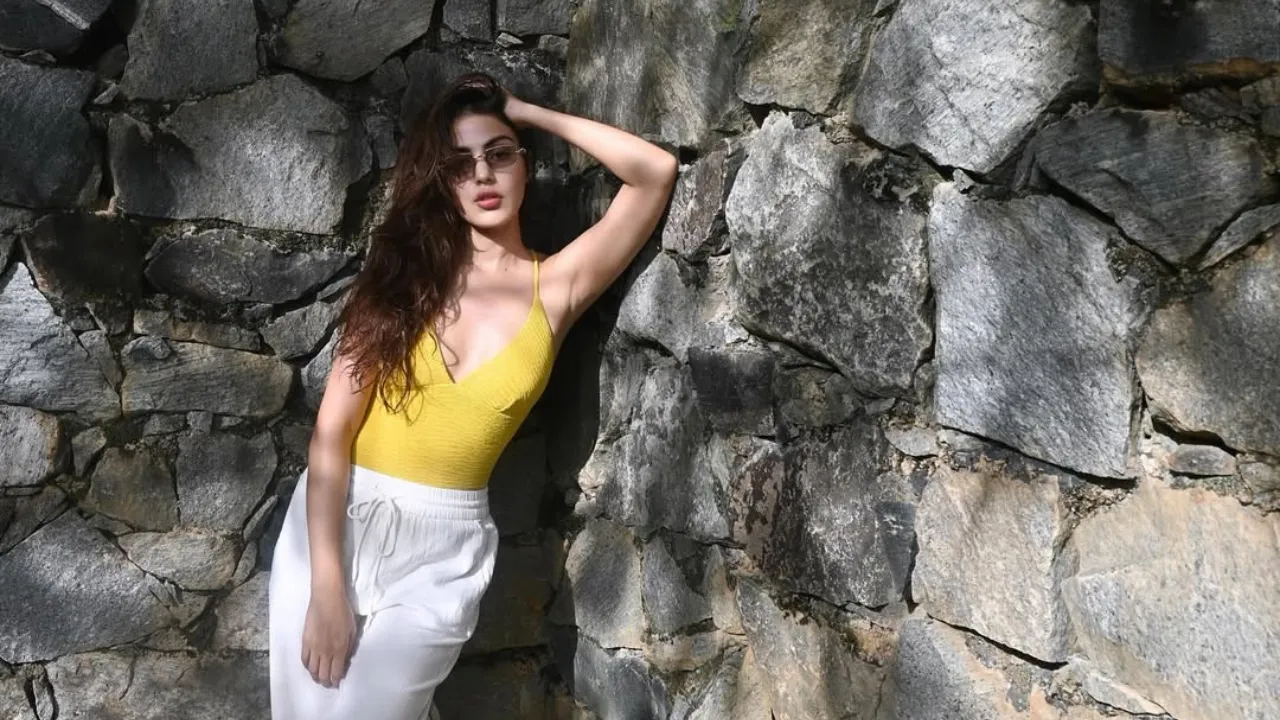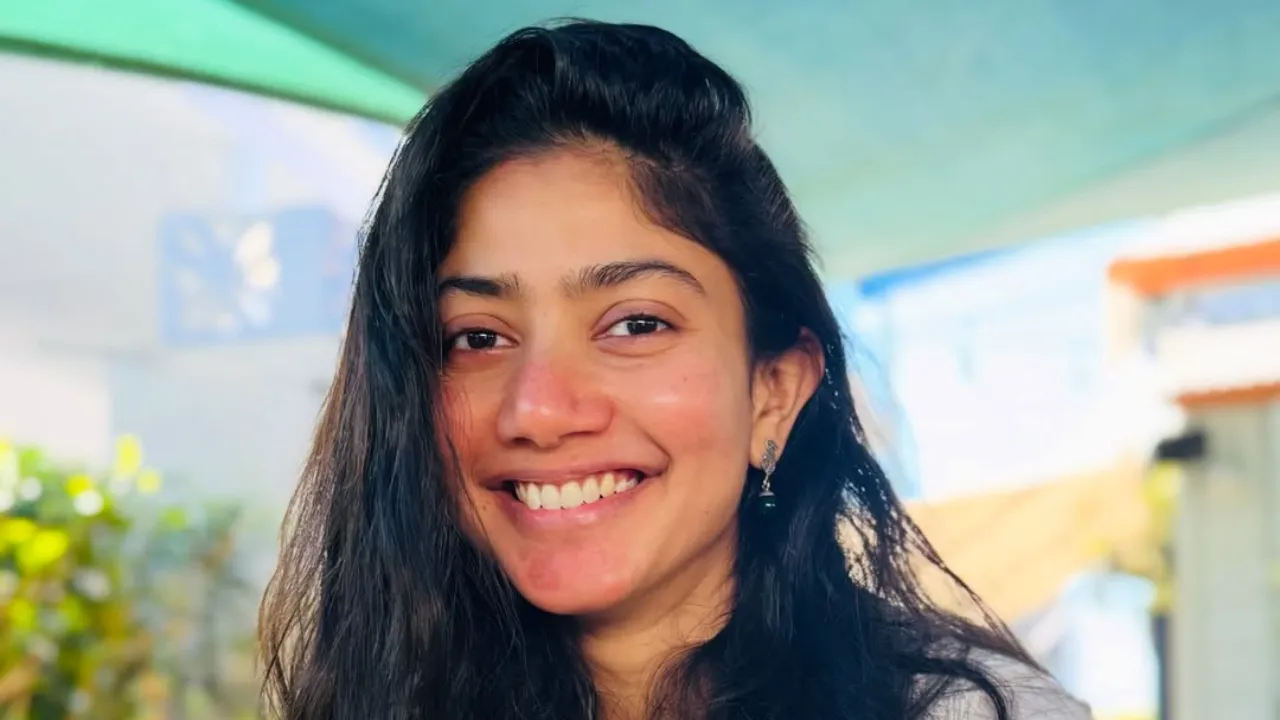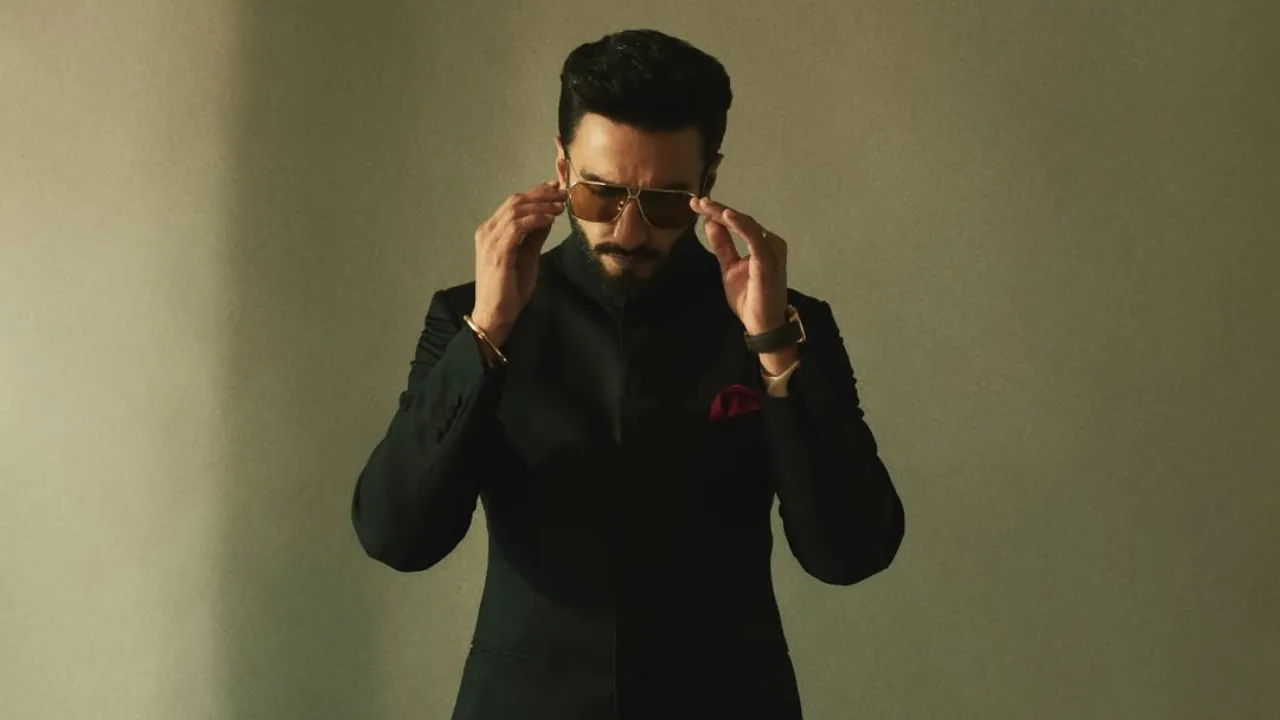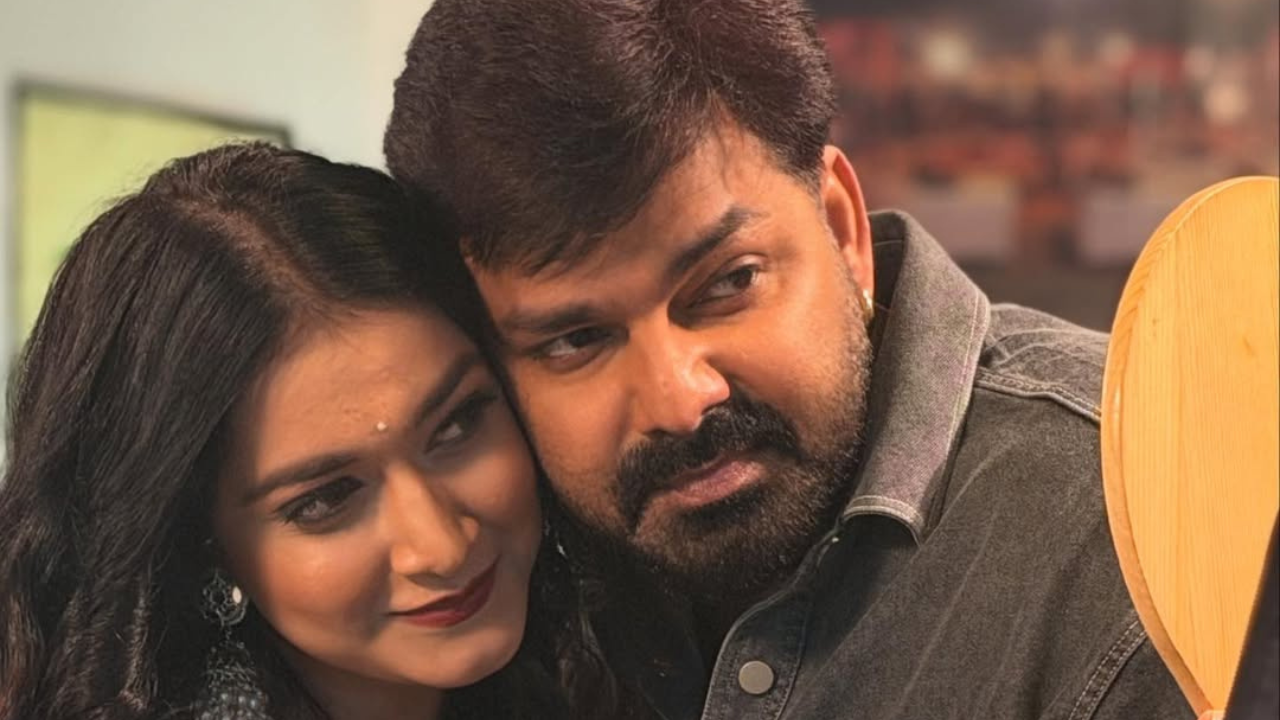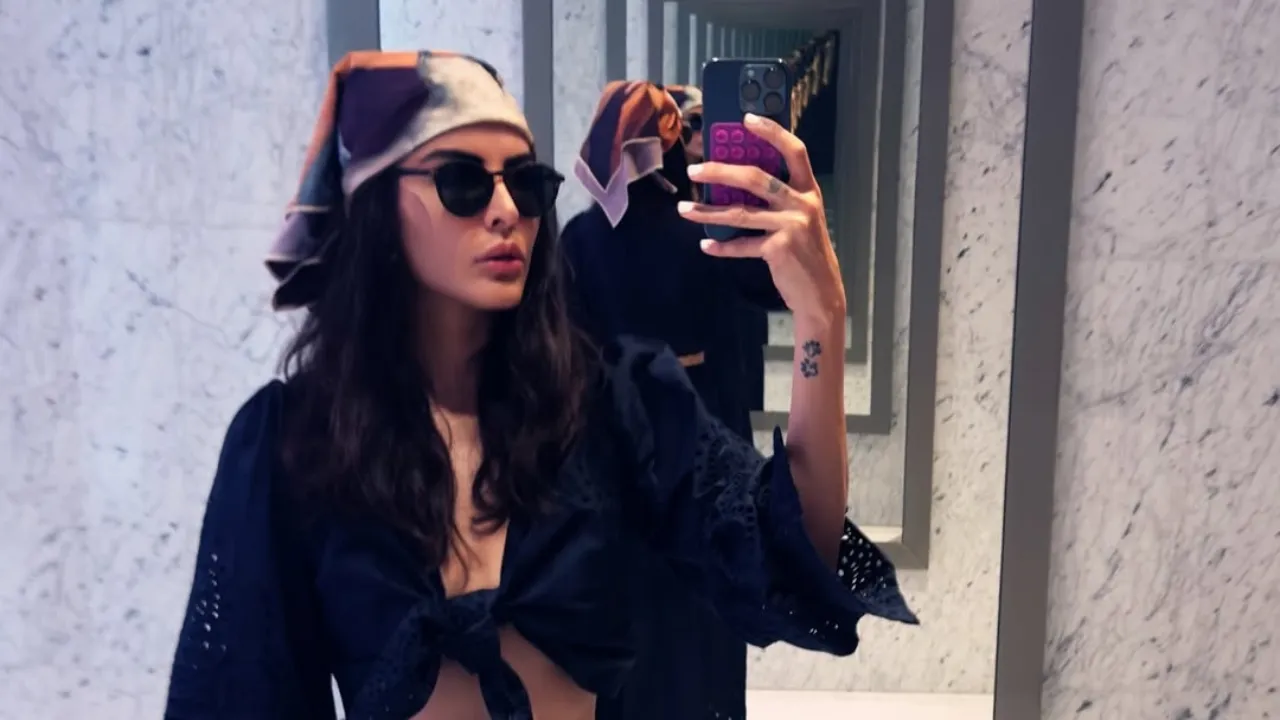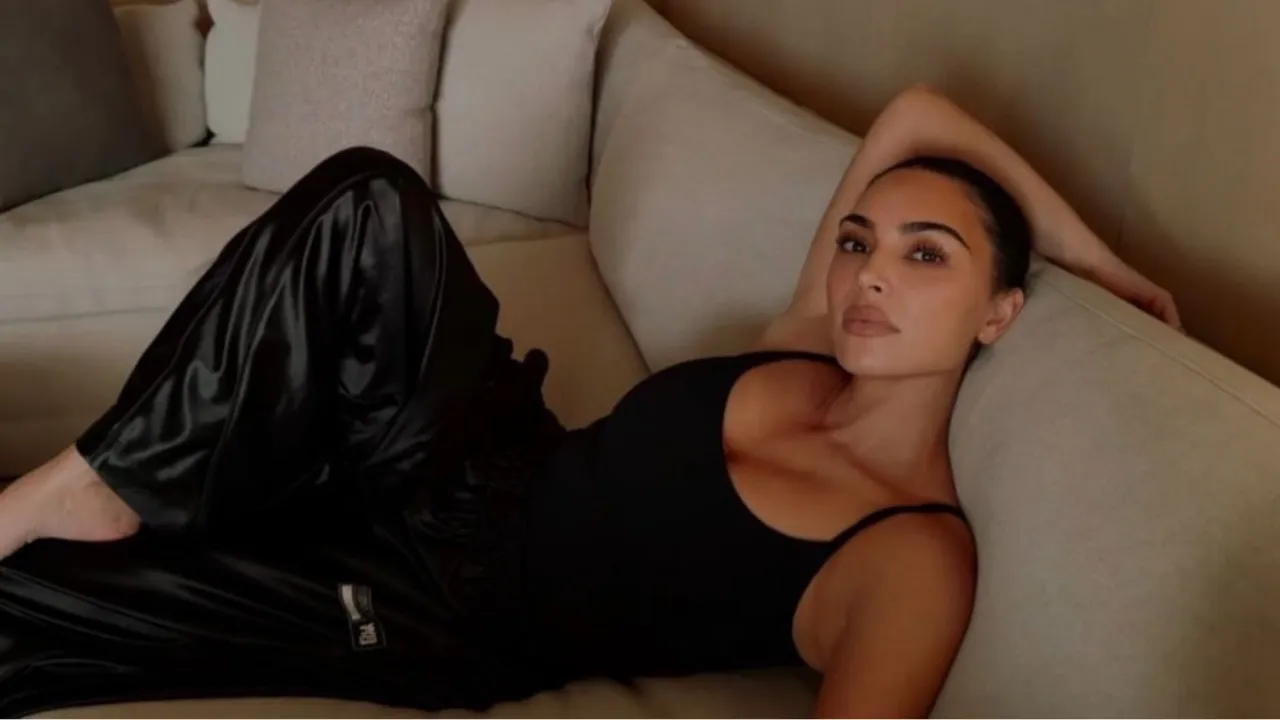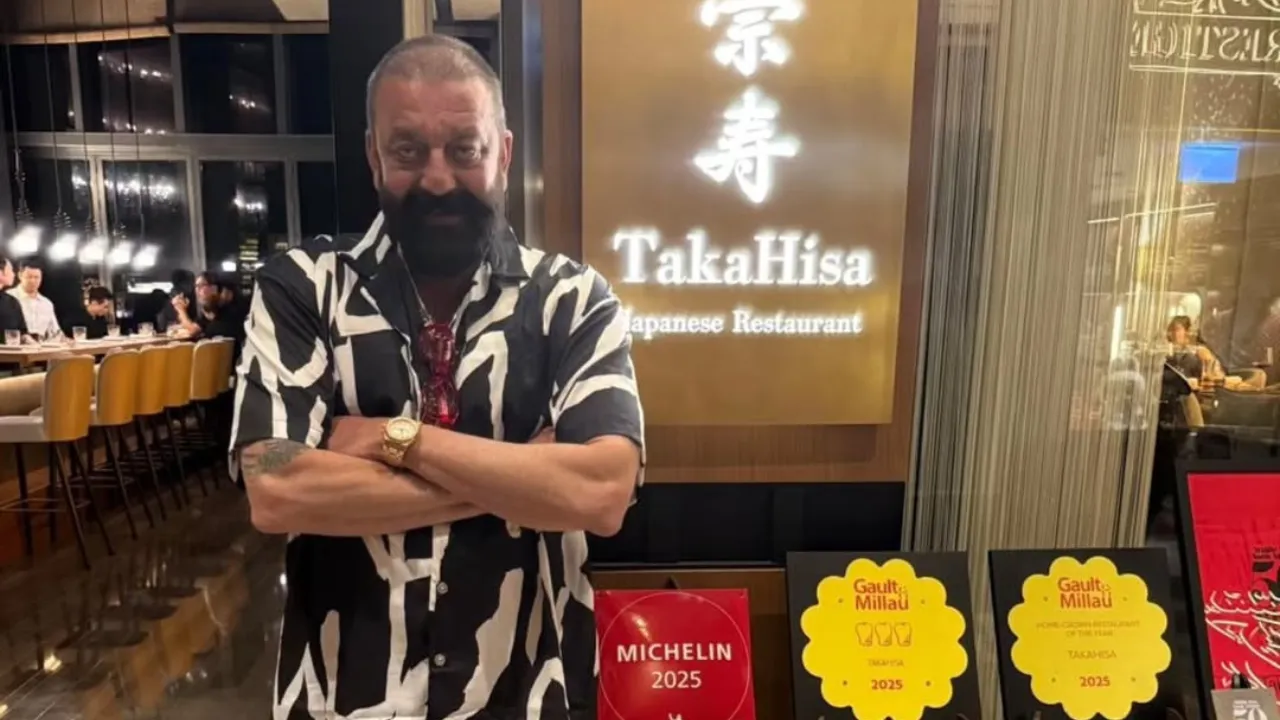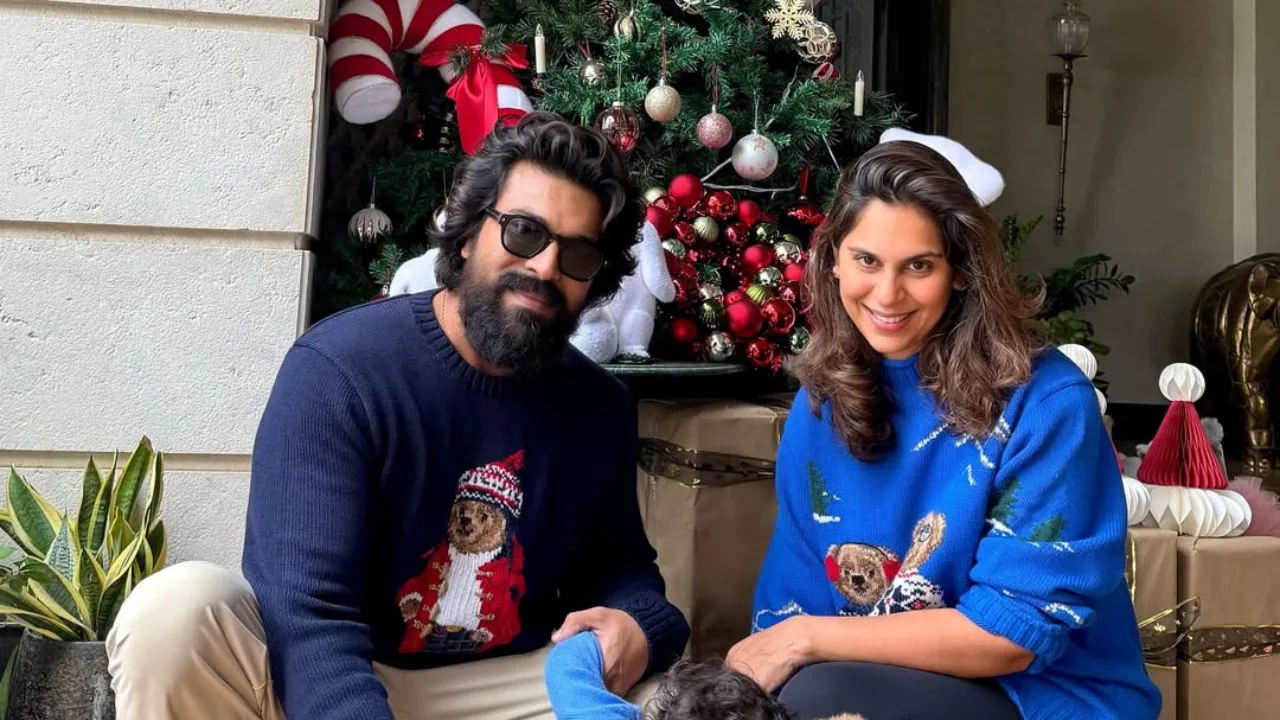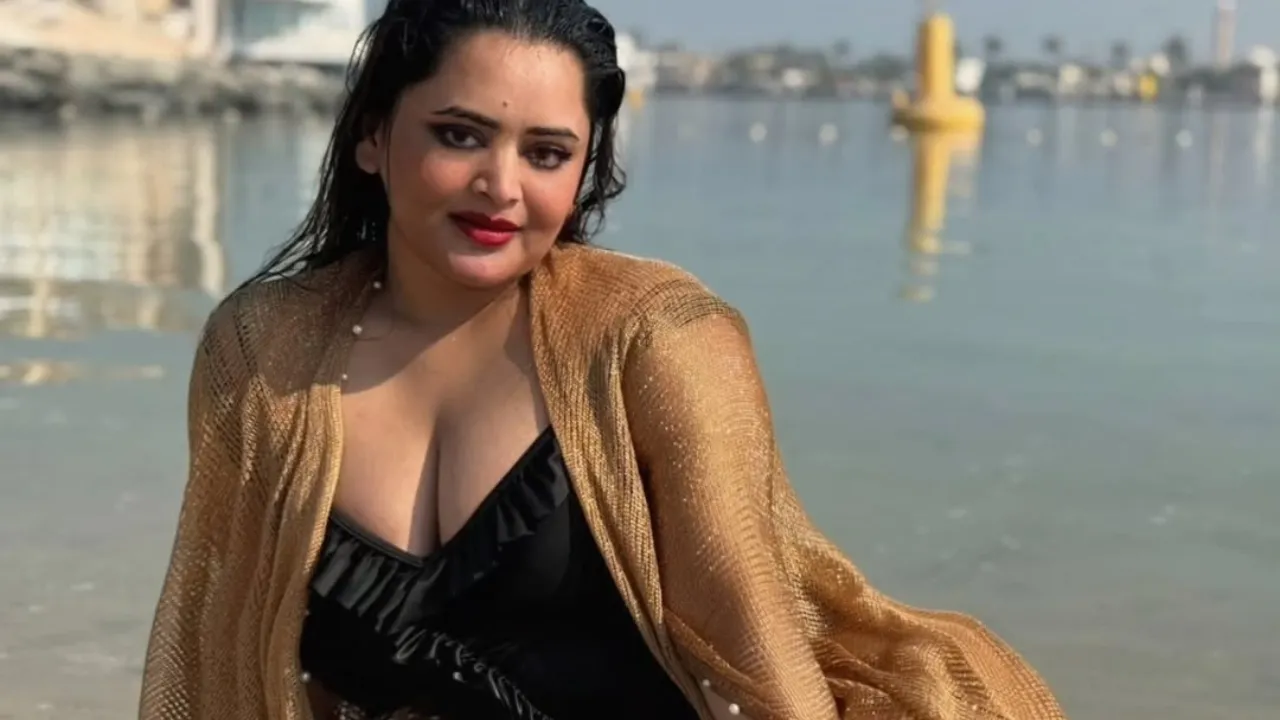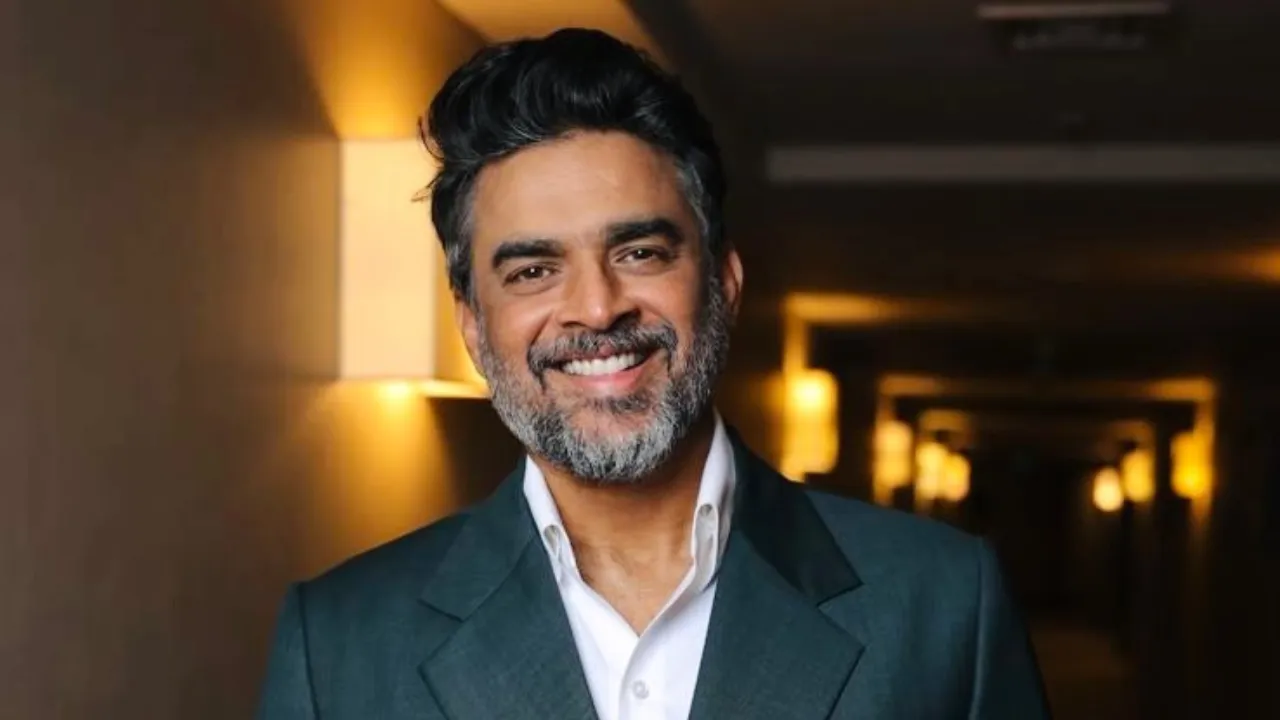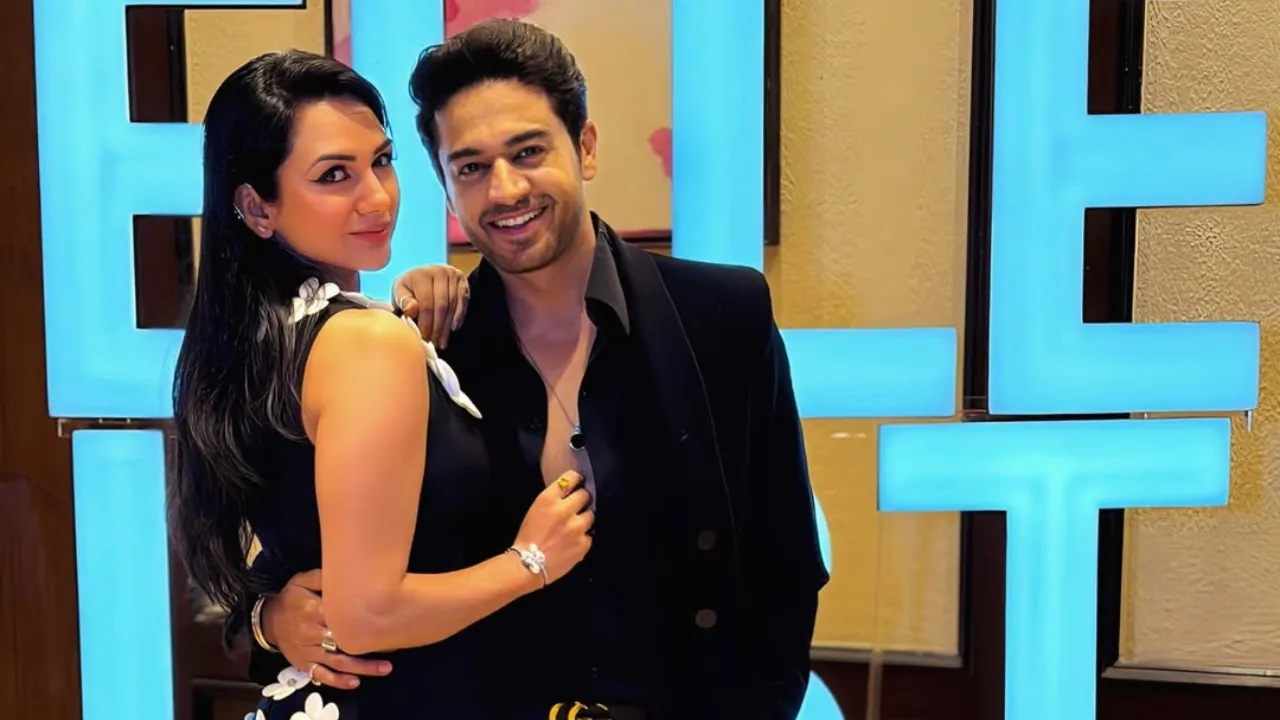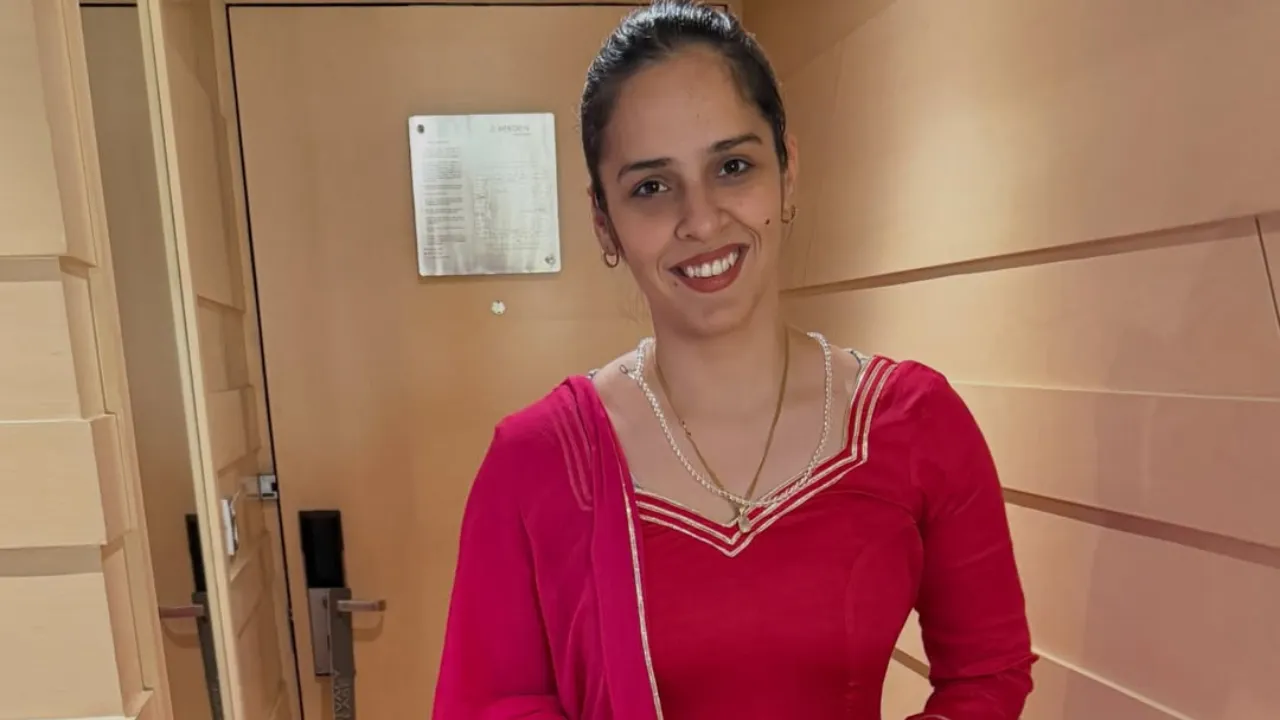Delhi High Court protects personality rights of Bollywood actor Ajay Devgan
The Delhi High Court has stepped in to protect the personality and publicity rights of Bollywood star Ajay Devgan, ordering the removal of several obscene and AI-generated deepfake materials that misused his likeness. The interim order — issued on 27 November 2025 — is part of a growing wave of litigation where famous personalities are asking courts to curb unauthorized use of their images, voices and identities online.
What the Delhi High Court ordered for Ajay Devgan
Interim protection and takedown directions
The court, presided over by Justice Manmeet Pritam Singh Arora, granted interim protection to Ajay Devgan and restrained defendants from using his image, voice or other personality traits without consent. Crucially, the order specifically directed the removal of obscene deepfake content that depicted the actor in sexually explicit contexts — material created or manipulated using artificial intelligence. The bench made clear that misuse through AI or deepfake technology will not be tolerated.
The court did not, however, order the blanket removal of all content featuring Ajay Devgan. Normal uses — such as news reporting, legitimate commentary or authorised promotional material — were left untouched. This balance shows the court’s effort to protect reputation and dignity while preserving freedom of expression.
Why this matter matters: personality rights in the AI age
From photos to synthetic media — what’s at stake
Personality rights protect a public figure’s control over commercial and exploitative uses of their identity: name, image, voice, signature, and other recognizable features. In recent years, artificial intelligence has made deepfakes — realistic but fabricated audio-visual content — inexpensive and widely distributable. For celebrities like Ajay Devgan, that means an increased risk of reputation harm, commercial exploitation and personal distress.
The Delhi High Court’s order sends a strong signal: courts are willing to treat AI-generated misuse as part of the same legal umbrella that protects traditional image and publicity rights. For creators, platforms and ordinary users, the message is clear — fake, obscene, or exploitative content that misrepresents a public figure may be removed and the perpetrators restrained.
How the court balanced free speech and protection for Ajay Devgan
Not a blanket ban — nuance in the ruling
Judges have to balance two competing values: the right to reputation and personality, and the constitutional guarantee of free expression. The Delhi High Court tackled this by targeting objectionable and exploitative uses—primarily explicit deepfakes—while leaving legitimate speech untouched.
That outcome matters because it clarifies the standard: content that is critical, parodic, or newsworthy may be permitted; content that fabricates explicit behaviour or misleads audiences into thinking the celebrity participated is a different class and can be taken down. This distinction aims to curb abuse without chilling genuine commentary.
What this means for platforms, creators and the public
Practical takeaways after the Ajay Devgan order
- Platforms must act faster. Social media and hosting platforms are likely to face increased pressure to remove deepfakes and explicit synthetic content promptly when notified or when a court order is issued. The Delhi HC order reinforces platform responsibility.
- Creators should verify consent. Anyone using a celebrity’s image, voice or a close imitation should obtain written consent—especially for commercial or sexualized content. Failure to do so could lead to injunctions and takedowns.
- Legal remedies are available. Celebrities and private individuals now have clearer legal grounds in India to seek interim relief against unauthorized, exploitative uses of their persona. The court’s language makes AI misuse explicitly actionable.
The Ajay Devgan case in context: a broader trend
Other celebrities and how courts are responding
This order follows a string of similar petitions in Indian courts. Over the past year, several high-profile figures have sought relief from the Delhi High Court to remove AI-manipulated, defamatory or obscene content using their likeness. The Ajay Devgan hearing is consistent with that trend and consolidates judicial recognition that personality rights must evolve in response to new technologies.
What readers should know — practical advice
If you find deepfakes or misuse of a celebrity’s image
If you encounter alleged deepfakes or obscene content featuring a public figure:
- Report the content to the hosting platform under its policy for impersonation or sexual content.
- Preserve evidence (screenshots, URLs, timestamps).
- If the content is harmful or commercial, legal remedies — including takedown orders like the one obtained for Ajay Devgan — are an option.
For ordinary users, be cautious about sharing suspect clips. Sharing can amplify harm and contribute to reputational damage even if the clip is false.
Conclusion: Ajay Devgan’s protection is a step forward
The Delhi High Court’s interim order protecting Ajay Devgan underscores a vital point: personal dignity and reputation retain legal force even as technologies that can undermine them evolve. By targeting explicit deepfakes and unauthorized AI-driven misuse, the court has provided a practical remedy for celebrities and, indirectly, for the public interest by limiting the spread of harmful, fabricated content.
This decision won’t end the problem overnight, but it tightens the legal framework and sends a clear warning to those who would exploit a public figure’s identity. For Ajay Devgan and others, it’s a meaningful legal shield in an increasingly synthetic media landscape.
Also Read: Ram Pothineni’s Career-Best Performance? Twitter Says Yes!






